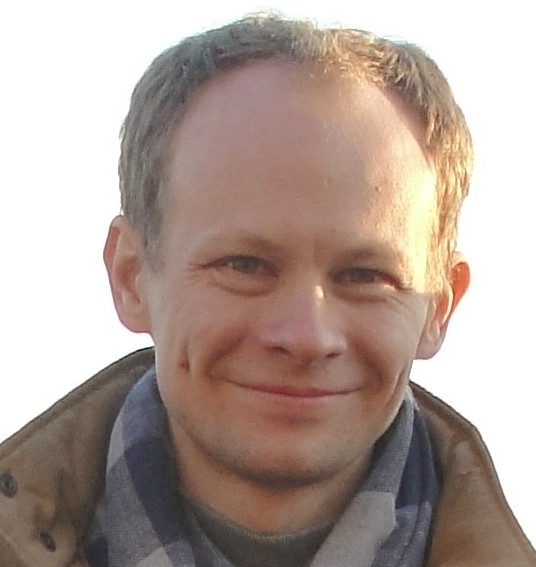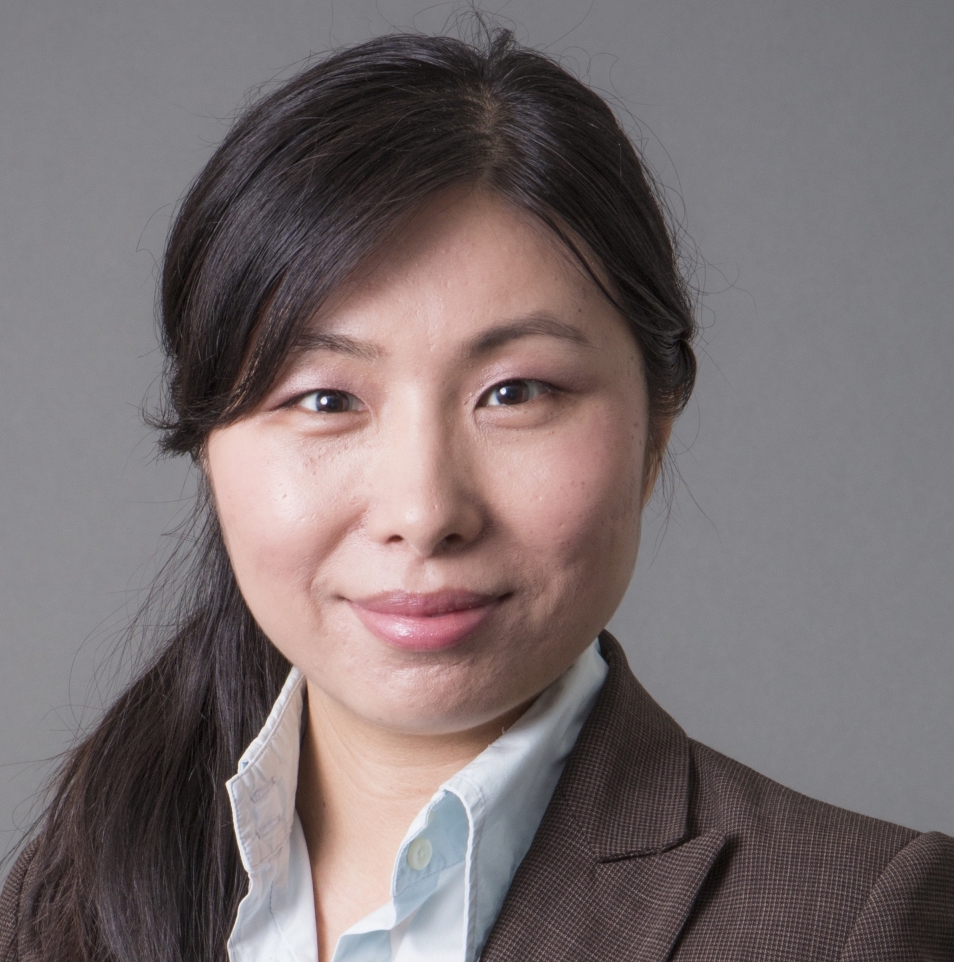Schedule
International Convention Centre, C4.1
9:20 am - 17:05 pm
August 11, 2017
Morning Session
| 9:20 - 9:50 | Opening Remarks: Vitaly Kuznetsov |
| 9:50 - 10:35 | Invited Talk: Rob Hyndman |
| 10:35 - 11:00 | Morning Coffee Break |
| 11:00 - 12:00 | Poster Session |
| 12:00 - 14:00 | Lunch |
Afternoon Session
| 14:00 - 14:25 | Contributed Talk: Robert Bamler, Structured Black Box Variational Inference for Latent Time Series Models |
| 14:30 - 15:15 | Invited talk: Mehryar Mohri |
| 15:15 - 15:45 | Afternoon Coffee Break |
| 15:45 - 16:10 | Contributed Talk: Thang Bui, Online Variational Bayesian Inference: Algorithms for Sparse Gaussian Processes and Theoretical Bounds |
| 16:15 - 17:00 | Invted Speaker: Vijay M. Janakiraman |
| 17:00 - 17:05 | Closing Remarks |
Keynote Speakers
Accepted Papers
-
Bayesian Belief Updating of Spatiotemporal Dynamics
Gerald Cooray, Richard Rosch, Torsten Baldeweg, Louis Lemieux, Karl Friston, Biswa Sengupta -
Deep Forecast:Deep Learning-based Spatio-Temporal Forecasting
Amir Ghaderi, Borhan M. Sanandaji, Faezeh Ghader -
Time-series Extreme Event Forecasting with Neural Networks at Uber
Nikolay Laptev, Jason Yosinsk, Li Erran Li, Slawek Smyl -
Adaptive Variational Particle Filtering in Non-stationary Environments
Mahdi Azarafrooz -
RNN-based Early Cyber-Attack Detection for the Tennessee Eastman Process
Pavel Filonov, Fedor Kitashov, Andrey Lavrentyev -
Time series processing for software failure prediction in deep learning training
Lev Faivishevsky, Ori Ernst, Amitai Armo -
Online Variational Bayesian Inference: Algorithms for Sparse Gaussian Processes and Theoretical Bounds
Cuong V. Nguyen, Thang D. Bui, Yingzhen Li, Richard E. Turne -
Interpretable Structural Analysis of Traffic Matrix
Awnish Kumar, Vijaya V. Saradhi, T. Venkatesh -
Augmenting Wearable Sensor Data with Physical Constraint for DNN-Based Human-Action Recognition
Hiroki OHASHI, Mohammad AL-NASER, Sheraz AHMED, Takayuki AKIYAMA, Takuto SATO, Phong NGUYEN, Katsuyuki NAKAMURA, Andreas DENGEL -
Autoregressive Convolutional Neural Networks for Asynchronous Time Series
MikołajBi\'nkowski, GautierMarti, PhilippeDonnat -
Accelerating Hawkes Process for Modelling Event History Data
Ashwin Ram, P. K. Srijith -
Multi-directional Recurrent Neural Networks: A Novel Method for Estimating Missing Data
Jinsung Yoon, William R. Zame, Mihaela van der Schaar -
Parameter Free Piecewise Dynamic Time Warping for time series classification
Vanel Steve Siyou Fotso, Engelbert Mephu Nguifo, Philippe Vaslin -
Structured Black Box Variational Inference for Latent Time Series Models
Robert Bamler, Stephan Mandt -
Efficient Structured Inference for Stochastic Recurrent Neural Networks
Hao Liu, Lirong He, Haoli Bai, Zenglin Xu -
Stochastic Sequential Neural Networks with Structured Inference
Hao Liu, Haoli Bai, Lirong He, Zenglin Xu -
AcctionNet: A Dataset Of Human Activity Recognition Using On-phone Motion Sensors
James Bartlett, Vinay Prabhu, John Whaley -
The Latent Behavior Space - A Vector Space for Time-Series Data
Jan Reubold, Stephan Escher, Thorsten Strufe
Call for Papers
We invite researchers to submit both theoretical and applied work on time series analysis, modeling, and algorithms, along with their applications. Papers submitted to the workshop should be up to four pages long excluding references and in ICML 2017 format. As the review process is not blind, authors can reveal their identity in their submissions. All inquiries may be sent to tsw.icml2017@gmail.com .
Submissions page: Times Series Workshop 2017.
Note on open dataset submissions: In order to promote new and innovative research in time series research, we plan to accept a small number of high quality time series dataset contributions. These submissions should be accompanied by a clear and detailed description of the dataset, some potential questions and applications that arise from it, as well as discussion on why the data cannot be sufficiently modeled using traditional batch learning techniques. Preliminary empirical investigations conveying any insight about the data will increase the quality of the submission.
Key Dates
Paper Submission Deadline: June 16, 2017, 11:59 PM PST
Author Notification: June 23, 2017, 11:59 PM PST
Final Version: July 23, 2017, 11:59 PM PST
Workshop: August 11, 2017






